New Study By Top OR Firms Reveals the Power of Social Media
Thursday, November 05, 2015
Brendan Murray, GoLocalPDX Contributor
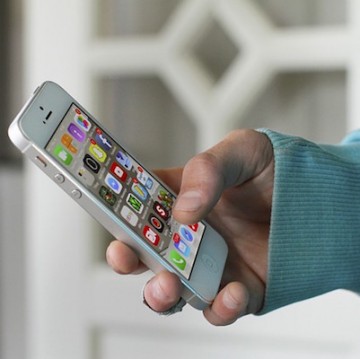 Trying to affect some political change in Portland but not finding any luck at the voting booth, non-profits or other conventional measures? Well, according to a pair to a pair of top Oregon research firms, you may be barking up the wrong tree.Social media has the power to affect change, maybe even more power than the voting booth, according to a new study from DHM Research and Quinn Thomas.
Trying to affect some political change in Portland but not finding any luck at the voting booth, non-profits or other conventional measures? Well, according to a pair to a pair of top Oregon research firms, you may be barking up the wrong tree.Social media has the power to affect change, maybe even more power than the voting booth, according to a new study from DHM Research and Quinn Thomas.
Their study, entitled "Social Media's Influence On Public Discourse in the Pacific Northwest" examined the habits of social media users in Oregon and Washington, and revealed that platforms like Twitter and Facebook contain plenty of politically-active people hoping to use the sites to spread their views and let their voice be heard.
SEE SLIDES BELOW: Take A Closer Look at the Report's Findings in the Slides Below
The report's findings indicate that social media users vastly outnumber those who are not registered on any social platforms and that those who do use social media believe it can have a major effect on political discussion and discourse. Half of the respondents said they believe that "social media was as or more valuable to enacting change as voting," and larger percentages said they believe that social media was more valuable than traditional journalism or donating to a non-profit.
Zach Hyder, a partner at Quinn Thomas, who worked closely on the report, told goLocal that they hoped to "go in without an agenda and prove or disprove that social media is somehow having, or not having a big influence."
"An outsized majority told us it was having an impact," Hyder said. "More than 50 percent told us that social media does more to affect change than traditional avenues, things like voting, getting involved with political campaigns or volunteering or working with non-profits."
 Vehicle for Change or Just an Echo Chamber?
Vehicle for Change or Just an Echo Chamber?
According to the report, a majority of social media users believe that real change can be forged using social media. 50 percent of social media users believe that "social media was as or more valuable to enacting change as voting." 65 percent said it’s as or more effective than traditional journalism, and 57 percent said it has as much or more impact than donating to a non-profit.
However, While respondents said they believed change could be affected via Facebook, Twitter or other social media platforms, they also said they often see social media more as an echo chamber than a debate hall. According to the survey, 51 percent said social media only validates people’s existing views on important issues, and 62 said that social activity on a news story or political debate has never changed their opinion.
Hyder said that their research found that social media does affect change, and in an interesting way.
“What we really found was that because people self-select who they listen to, and the platforms have algorithms to make sure people see the kind of content they want to see, it can become kind of an echo chamber,” Hyder said. “What happens, though, is people’s worldviews are widened because they interact with so many friends or family who may not have the same views. That puts a more human component into what can be an abstract issue.
To illustrate the kind of changes social media can cause, Hyder told the story of a staunch conservative who had been against gay marriage for a number of years.
“She said that as she saw friends and family post about the issue, including some who were gay or lesbian themselves, her position began to change,” Hyder said. “If you took a poll, I would have said I was against gay marriage, but if you ask me if my friends and family should be happy and be able to marry the person they love, I’d have a much different answer. It took years for that change to occur, but it happened because of Facebook.”
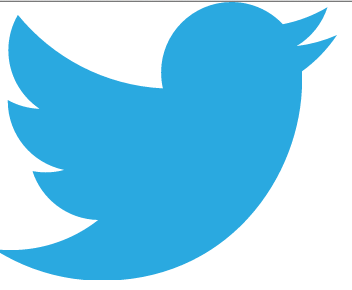 Experts Weigh In
Experts Weigh In
Rebecca Tweed, Political and Communications Director for State Street Solutions, said she believes social media does provide opportunity for real social or political change. She noted that working for change via Facebook or Twitter is effective because it can "be a way to generate energy and discourse about a particular topic."
"I do think real change can be made," Tweed said. "For the most part people only vote two days a year, but they have a platform via social media 363 days a year. They play different roles and it's effective to use social media when it isn't a voting period in order to affect what happens on election day."
Jim Moore, Director of the Tom McCall Center for Policy Innovation, told GoLocal that despite social media’s prevalence, few tangible changes have been made using Facebook or Twitter.
“While every candidate has to have a website, a web presence, a social media presence,” Moore said, “we don’t see these kinds of those social changes happening because of social media. When you look at social meeting, it is almost totally passive. The most active people get is liking something on Facebook very few people use social media to organize a protest or meaningful action to lobby for a change to a law, show up at someone’s office to try and force a change.”
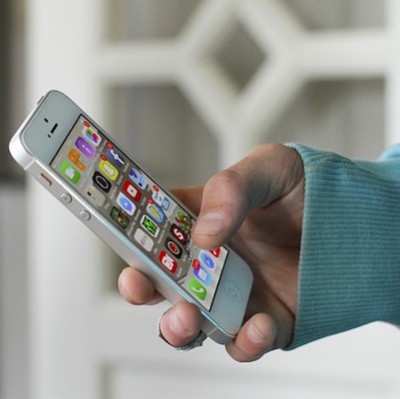


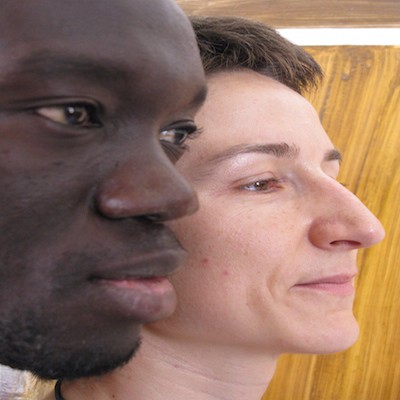
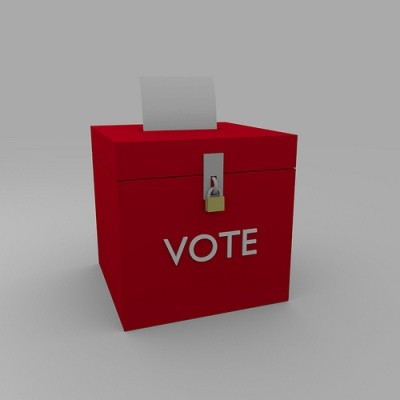
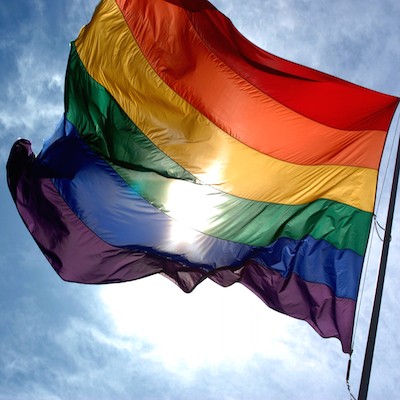
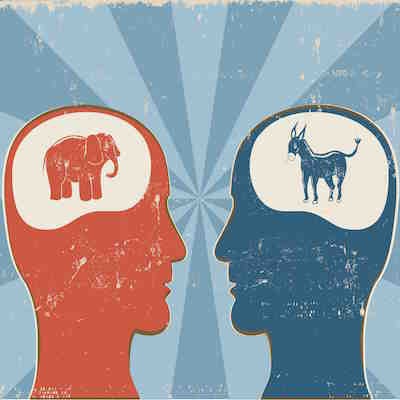
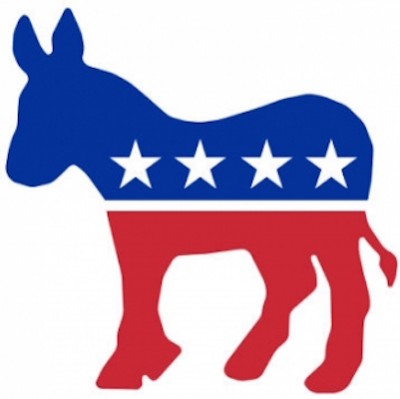

 Delivered Free Every
Delivered Free Every
